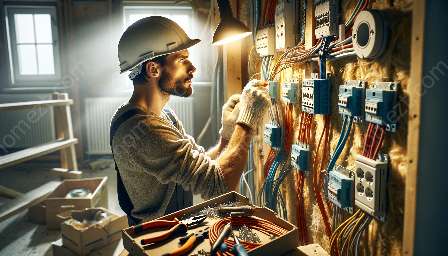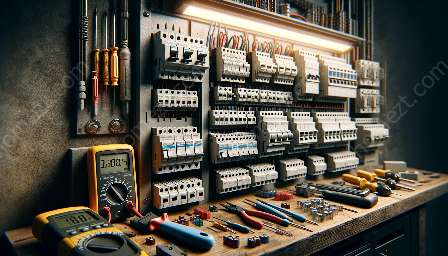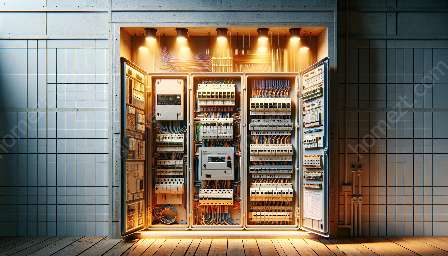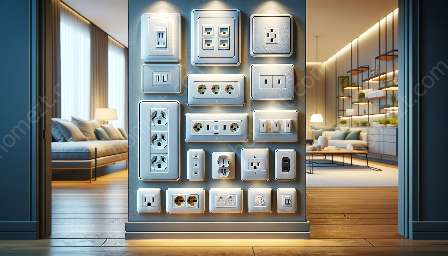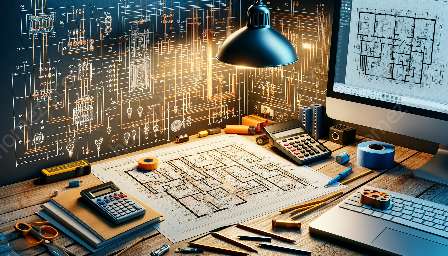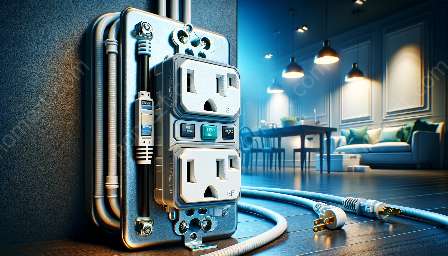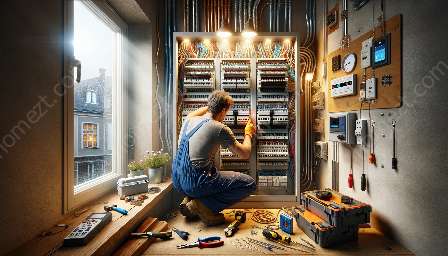When it comes to home improvement projects involving electrical work, obtaining the necessary permits and undergoing inspections is crucial. This comprehensive guide will explain the importance of electrical permits and inspections, the process of obtaining them, and the benefits they provide.
The Importance of Electrical Permits
Electrical permits are essential for any significant electrical work, whether it involves installing new wiring, adding outlets, upgrading electrical panels, or undertaking other electrical projects. Permits are required to ensure that the work meets safety standards, is performed by qualified individuals, and complies with local building codes.
Ensuring Safety and Compliance
Electrical permits help ensure that the work is carried out safely and in compliance with applicable codes and regulations. By obtaining a permit, homeowners can rest assured that the electrical work is being performed by licensed professionals who understand the necessary safety measures and building codes.
Avoiding Legal Issues
Undertaking electrical work without the necessary permits can lead to serious legal repercussions. In many jurisdictions, unpermitted electrical work can result in fines, project delays, and even the need to remove and redo the work to meet legal requirements. This can significantly increase the cost and time involved in a project, making it essential to adhere to permit regulations.
The Inspection Process
After obtaining the required permits, the next step is to undergo inspections as mandated by the local building department. Inspections are conducted at various stages of the electrical project to verify that the work is proceeding in accordance with code requirements.
Types of Inspections
Typically, electrical inspections may be required at different stages, such as rough-in, when the wiring is being installed but not yet connected; service or panel upgrades; and final inspection, once all electrical work is completed. These inspections ensure that the work is performed correctly and is safe for use.
Benefits of Inspections
Inspections provide an additional layer of safety and quality assurance. They help identify and rectify any potential hazards or code violations before the electrical work is concealed or connected to the power supply. This ensures the safety of the occupants and the integrity of the electrical system.
Navigating the Permit Process
Obtaining electrical permits involves a series of steps, which vary depending on the jurisdiction. It typically involves submitting an application outlining the scope of work, paying any associated fees, and adhering to specific timelines for inspections and approvals.
Working with Professionals
Given the technical nature of electrical work, it is advisable to engage licensed electricians or contractors with expertise in obtaining permits and undergoing inspections. Their knowledge and experience can help streamline the process and ensure compliance with all regulatory requirements.
Homeowner's Responsibilities
Homeowners are ultimately responsible for obtaining the necessary permits and ensuring that inspections are scheduled and completed as required. Ignoring these responsibilities can have serious consequences, so it is vital to stay informed and proactive throughout the electrical improvement project.
Conclusion
Understanding the significance of electrical permits and inspections is critical for anyone considering electrical home improvement projects. By adhering to permit regulations, undergoing inspections, and working with qualified professionals, homeowners can ensure the safety, legality, and quality of their electrical work, ultimately enhancing their home environment.


